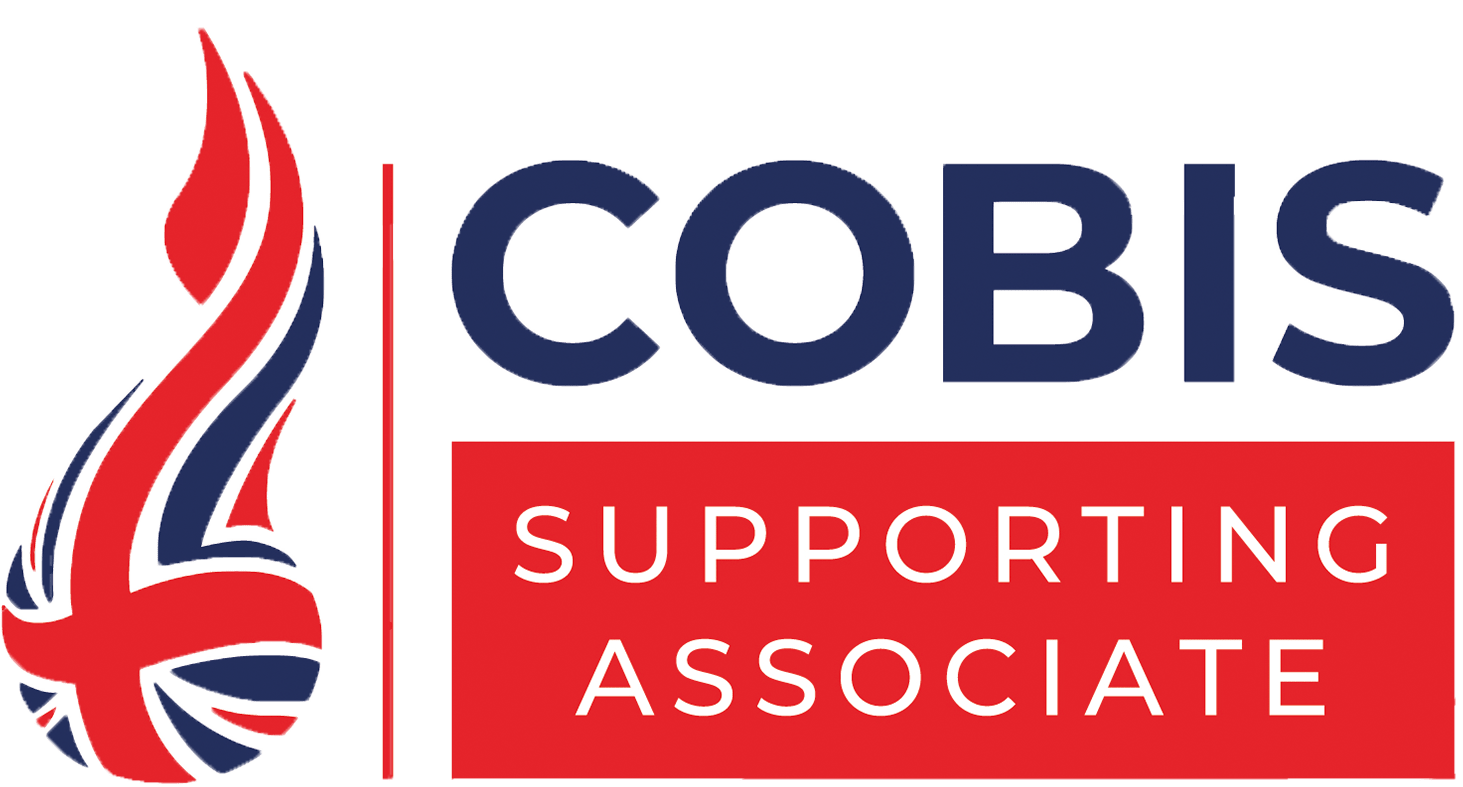John Etty is Associate Headmaster at Auckland Grammar School, one of the first schools to adopt the Great Teaching Toolkit, having supported with the development of the student surveys in 2020. We spoke to John about how the GTT has helped inform a whole-school approach to professional development with his staff, both during lockdowns and since.
The Auckland Grammar School team was one of the very first to be involved with the Great Teaching Toolkit, helping to pilot the student surveys initially in the very early stages of the Covid pandemic. How did it help you as a school leader at that time?
The timing was great. Especially at that time, when the review came out just a few months into the pandemic, the Great Teaching Toolkit offered a shared language at a time when we probably needed it more than we realised. Even though teaching was online initially, those fundamental key things that make up effective teaching hadn’t changed, and it kept us grounded in the evidence base at a time of real turbulence.
And how about since then?
That fundamental grounding hasn’t gone away, so we still refer back to the framework and model that we used at that time—we still use that in everyday conversations in school now.
There’s a very valid debate about genericism and specificity, but what is really helpful about the GTT is that it is transferable from classroom to classroom; those key things that teachers know and do do exist, even if to varying degrees, across subjects and phases. Even if I go and observe a colleague’s lesson in another subject, there will be things going on in that classroom that I don’t see or appreciate the value of, but that doesn’t mean I shouldn’t go and look—it doesn’t mean I can’t learn from it. The common language that the GTT review has helped with enables those great conversations to happen meaningfully, across department, faculty and subject lines, which is really powerful. We acknowledge that the GTT can’t do everything… but it’s not trying to!
Acknowledging that, how have you continued to build your staff’s professional development using the GTT?
We first off used student surveys across our staff, which we found both easy to administer, and really useful for isolating the components of teaching practice. The feedback is easy to digest, and the most interesting bit is that it either confirms or confounds your own expectations. I think both, in equal measures, have proven to be affirming and actionable.
Some staff then used one of the courses based on that feedback, and we’ve also given some staff dedicated PD time to form what you might call something similar to professional learning communities—focused, smaller groups of about eight to twelve teachers that work through the courses together. They meet, go through a section of the course, then go away and work on implementing a strategy, before coming back together to reflect. We’ve done that with both Creating a Supportive Environment and Activating Hard Thinking and have found it really effective.
We also support new teachers to get up to speed with the same culture and shared language using the GTT and its courses in a scaffolded way, and the partnership between VEO and the GTT is great for us, as we were already using VEO. We have an opt-in self-development programme with a bit of instructional coaching, using both of those things in tandem.
Finally, what would you say to other schools considering using the GTT?
I’d highly recommend it. The quality of the content and rigour of the evidence base are the standout features. It’s been well-sequenced and curated and has a great range of resources. For a teacher or body of staff looking for PD they can access in their own way at their own time, it’s exemplary.
It encourages all of the beneficial self-reflection that we know makes a different for teacher development, and I think enables really efficient use of teacher time for impactful professional learning.
Fill out this form, and our dedicated team will reach out to discuss how you can seamlessly integrate the Great Teaching Toolkit into your school’s professional development.





